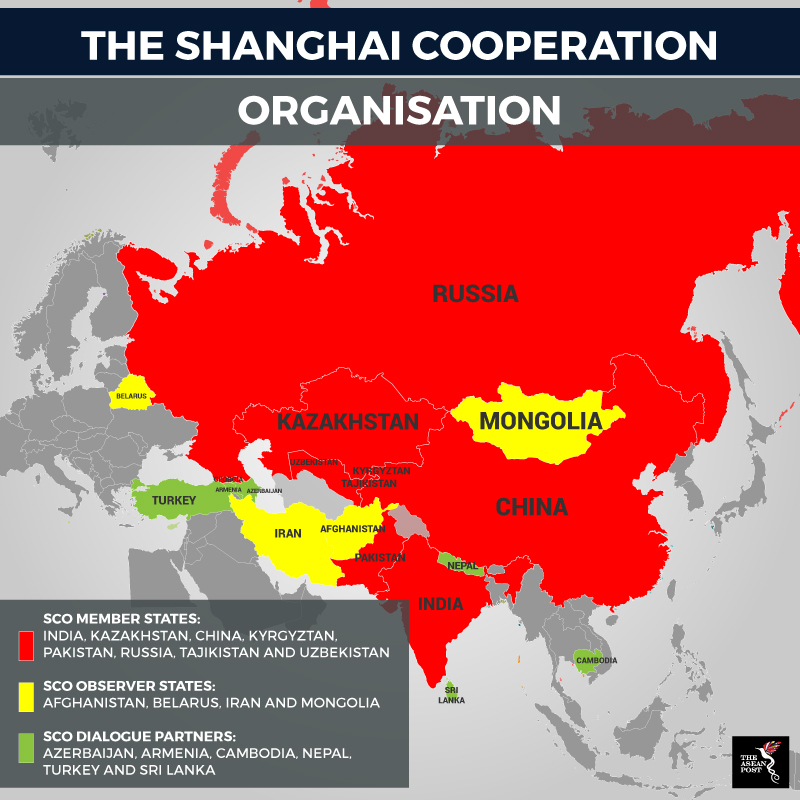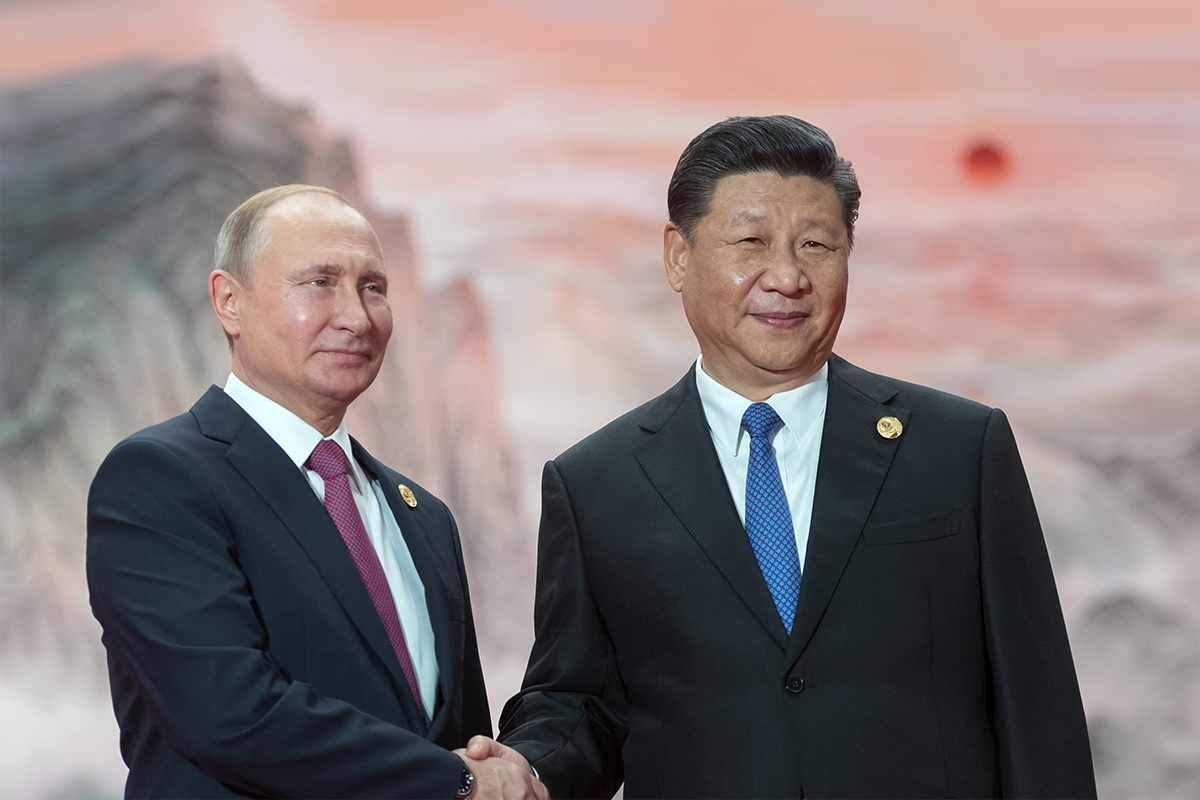Last week, the world saw the new global order manifest itself in real time. On one hand, the leaders of the Group of Seven (G7) had a tense summit following United States (US) President Donald Trump’s announcement of imposing tariffs on European Union (EU) countries. On the other, China held a two-day regional security summit with notable attendees like Russia and Iran.
Naturally, it was Trump and the G7 that managed to dominate headlines. Media all over the world reported on the confrontational and hostile nature of this year’s summit as opposed to its usual gentler mood. Prior to the summit, Trump announced that he will be imposing tariffs on steel and aluminium imports from the EU. Trump has been claiming that tariffs imposed by the EU were unfair and that the US was getting the short end of the stick – which led to him demanding for the removal of all tariffs at the G7 meeting.
Trump’s disagreement with the G7 over trade tariffs isn’t the only issue he’s had with the US’ allies. Ever since becoming president, Trump’s policies have mostly gone against the liberal economic order that the US has been spearheading for the past few decades. The biggest example being Trump’s protectionist economic policies. Aside from that, Trump also reneged on the Iran nuclear deal which drew anger from most European leaders. So much so that a French diplomat coined the term “unisolationism” – a portmanteau of unilateralism and isolationism – to describe the American president.
Meanwhile, the rise of ultra-nationalism and far-right politics have begun to gain momentum in Europe. Post-Brexit, debates on the utility of an international political union such as the EU are ever increasing. Analysts are even saying an “Italexit” could be on the cards next.

Source: Shanghai Cooperation Organisation
Shanghai Cooperation Organisation
As the West looks to be in disarray, China is consolidating its influence in the East. While the G7 summit was happening, China was hosting the Shanghai Cooperation Organisation (SCO) in the coastal town of Qingdao. The SCO was formed in 2001 and it currently boasts eight members - China, India, Kazakhstan, Kyrgyzstan, Pakistan, Russia, Tajikistan and Uzbekistan. It’s one of the largest regional organisations in the world in terms of geographical coverage as its members cover 60% of the Eurasian continent.
While it has existed for over 15 years, it’s significance was never really noticed until recently. Previously it was dismissed as a Chinese charade to exert influence. However, people are beginning to notice its significance today. The recent SCO summit saw the attendance of leaders such as Russian President Vladimir Putin, India’s Prime Minister Narendra Modi and Iran’s President Hassan Rouhani. Matters discussed included China’s Belt and Road Initiative, trade and investment.
The SCO’s true potential revealed itself when Hassan Rouhani said that he wanted more talks with Russia on US’ withdrawal from the Iran nuclear deal, proving that the organisation isn’t merely a talk-shop but a platform for leaders to discuss solutions to global issues.
Chinese Foreign Minister Wang Yi has also said that he expects the SCO to play a major role in resolving the differences between India and Pakistan. If the SCO can ease decades long tensions between the two countries, then we can expect the organisation to play a much larger role throughout the region – similar to the North Atlantic Treaty Organisation (NATO) in the West.
The two summits occurring concurrently paints a future of a more complex world where power is not just concentrated in the West or the US.
With American hegemony on the decline, the role of ASEAN is now seen larger than ever. Since there are different spheres of power in the world now, ASEAN as a bloc has more leverage to make demands for the benefit of the region. If ASEAN remains resilient, it could take advantage of the situation as larger powers are constantly seeking allies to extend their spheres of influence. Instead of merely pandering, ASEAN could now utilise its strategic location to gain more concessions.
Previously, nations in the South and East had less of a say in global politics. However, with the slow crumbling of the liberal world order, developing nations can finally start to have a genuine say. More so with the SCO serving as their platform.
